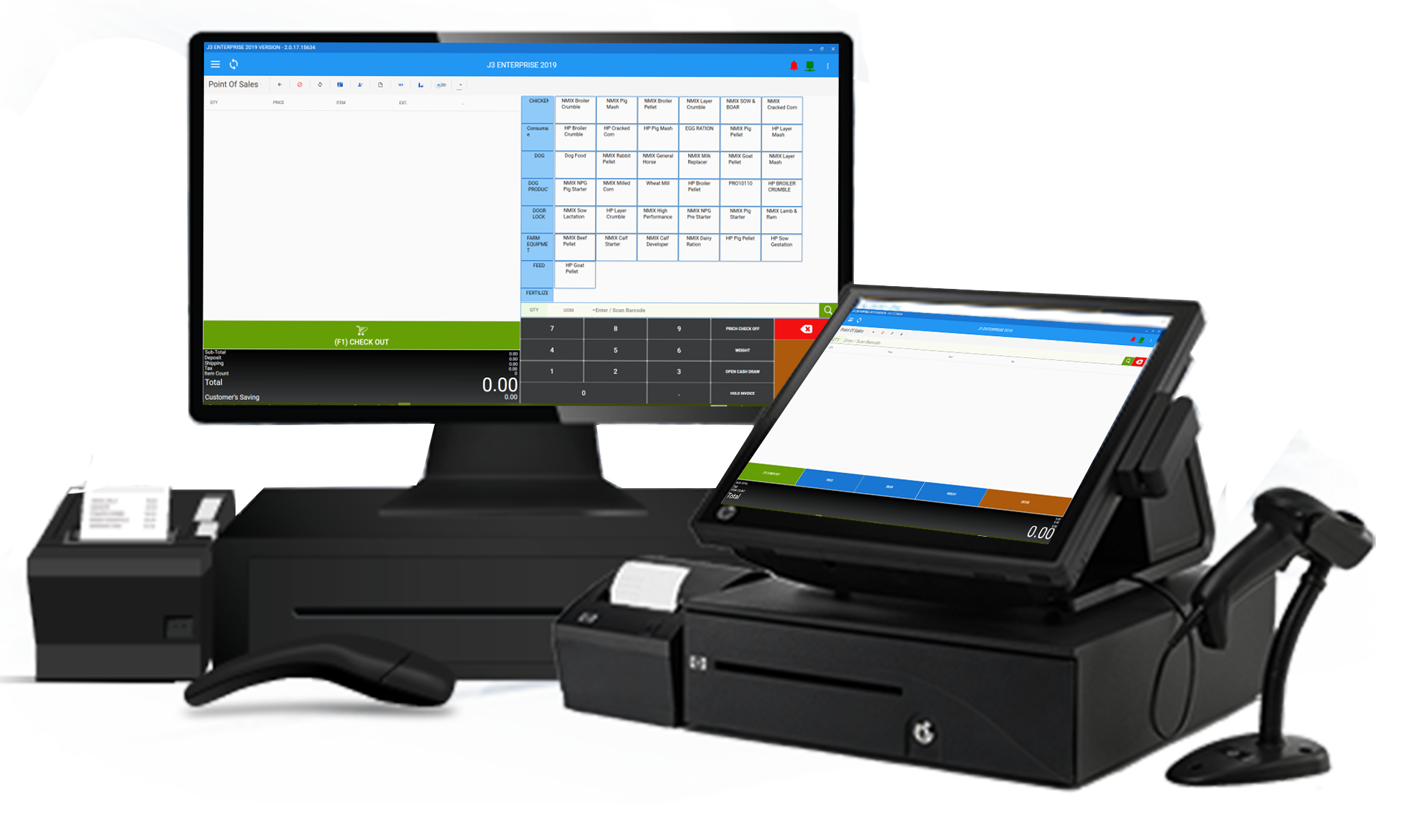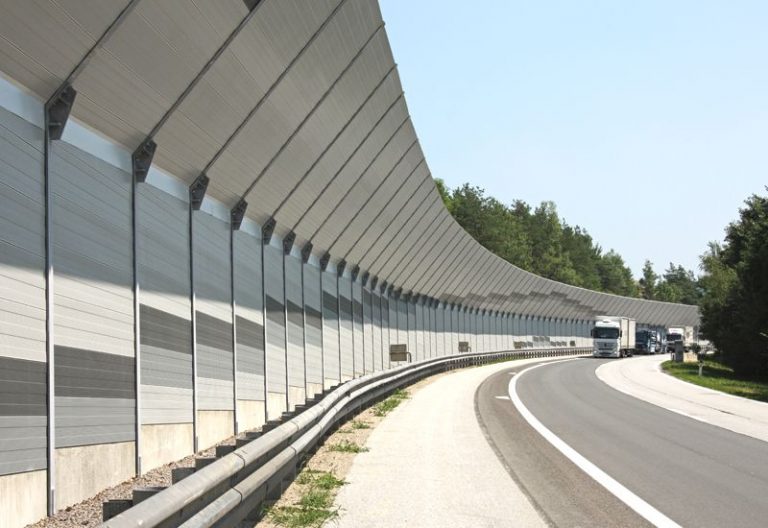5 Things You Didn’t Know POS Systems Could Do
Since the early days of business, merchants have been looking for ways to make transactions more efficient and secure. In the past, this was done with pen and paper, or through the use of manual calculators. While these methods worked, they were not always reliable or efficient.
Today, businesses have a number of different options when it comes to payment processing. One of the most popular methods is using a point-of-sale (POS) system
A Point-of-Sale or POS system, is a computerized system used by businesses to handle sales transactions. It can be used in a variety of industries, including retail, hospitality, and food service. Thus, it’s a valuable addition to any business. It’s the system that you use to process payments from customers.
But did you know that it can do more than just process payments? Here are five things you may not have known POS systems could do:
- Integrate with your accounting software.
POS systems can be integrated with your accounting software, which makes tracking sales and expenses much easier.
When your POS system and accounting software are integrated, transactions are automatically recorded in both programs, so you don’t have to spend time manually entering information into each system. This integration also allows you to generate detailed reports about your business’s performance.
- Help you manage your inventory.
A good POS system can help you keep track of your inventory and alert you when supplies are running low. Some systems even allow you to create and manage purchase orders directly from the POS interface. This can save you time and money, since you’ll be able to order inventory from your suppliers before it runs out.
- Process credit and debit cards.
Most POS systems can process credit and debit cards, which makes it easy for your customers to pay for their purchases. This can help you boost sales, since many customers prefer to use plastic rather than cash. Additionally, accepting credit and debit cards can help you build a good credit history for your business.
- Send email receipts.
Many POS systems allow you to send email receipts to your customers after each transaction. This is a convenient way to keep track of your purchases, and it also helps you ensure that your customers have a record of their purchase history. Plus, email receipts are a great way to market your business to potential customers.
- Integrate with other software.
POS systems can be integrated with a variety of other software programs, which allows you to streamline your business operations. For example, you can integrate your POS system with your customer relationship management (CRM) software to keep track of your customers’ purchase histories. This type of integration can help you improve your customer service and marketing efforts.
Each of these five tasks are essential for any business, and a POS system can handle them all with ease. So if you’re looking for a way to streamline your business operations, a POS system is a great solution. Contact your local POS provider to learn more about what their systems can do. You may be surprised at just how much they can help you achieve.
Takeaway
As you can see, POS systems can do a lot more than just process transactions. By choosing a system that meets your specific needs, you can improve the efficiency and effectiveness of your business operations.
When choosing a POS system, it’s important to consider the specific features that are important to you. Make sure to ask the software provider about the capabilities of the system and how it can be customized to meet your needs. You should also read reviews from other businesses that have used the system to get an idea of its functionality and ease of use.




